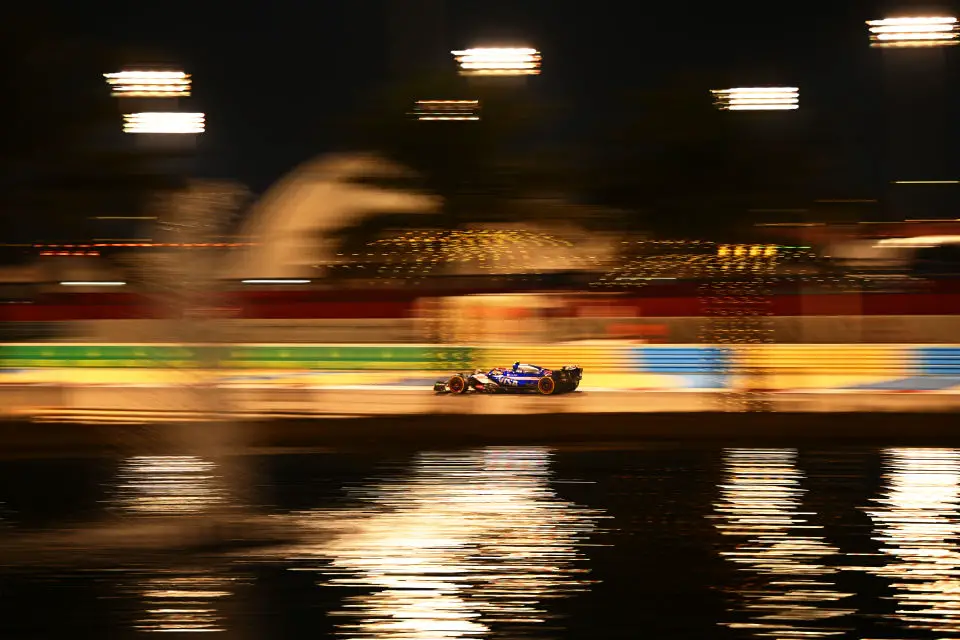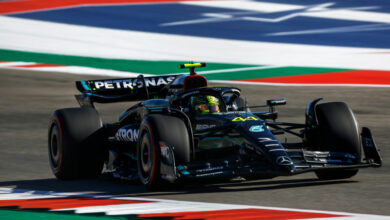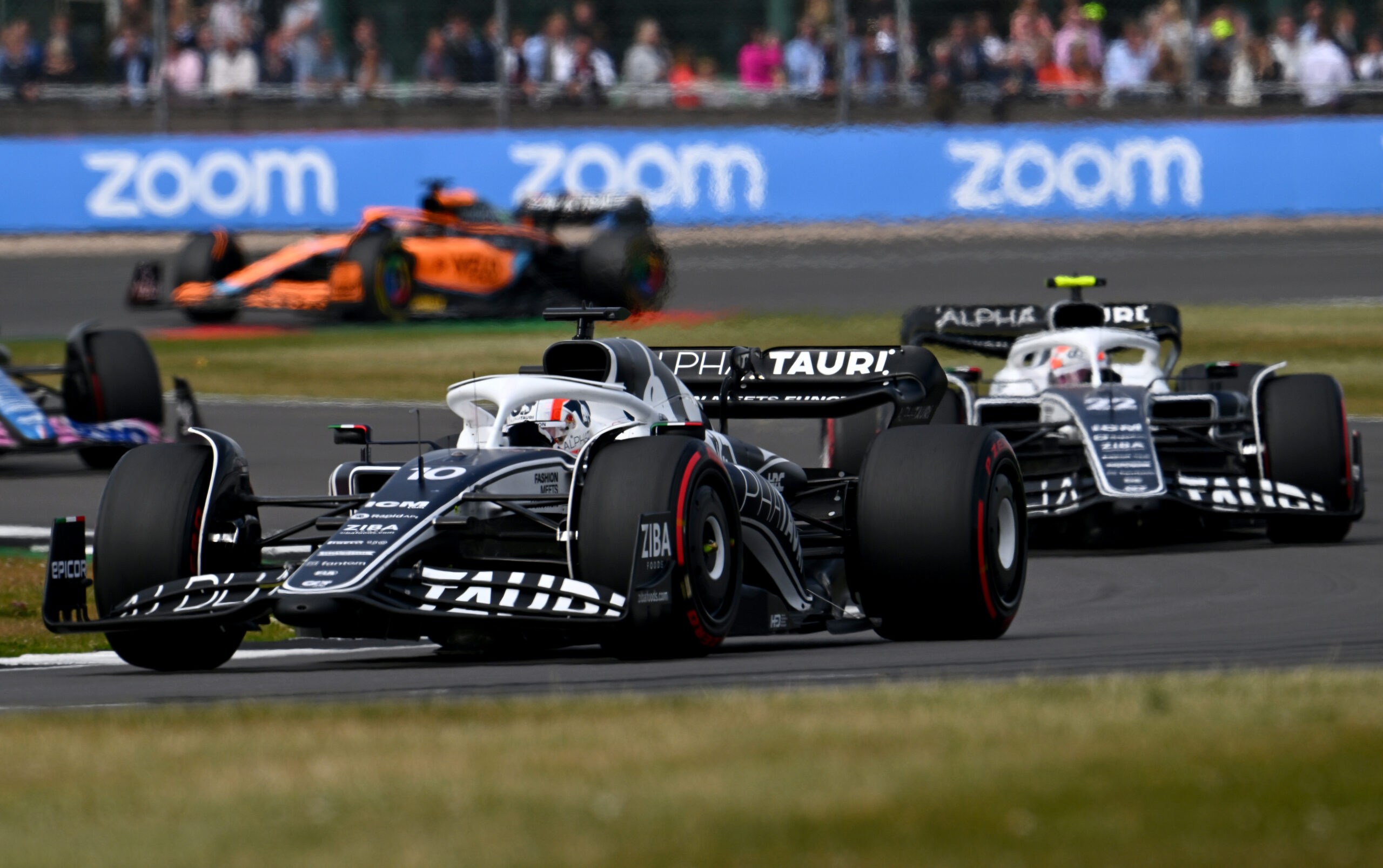Yuki Tsunoda Speaks Out on F1’s Alleged Bias in Broadcasting His Radio Rants
Yuki Tsunoda, a driver for VCARB, has openly criticized Formula 1’s production teams for selectively broadcasting his radio communications in a way that he feels unfairly targets him. This contentious issue has been a growing concern for Tsunoda, who vows to improve both his on-track performance and radio etiquette.
Key Takeaways:
- Selective Broadcasting Allegations: Yuki Tsunoda accuses Formula 1 production teams of selectively using his radio communications to paint him in a negative light, believing this practice to be on the rise.
- Bahrain Grand Prix Incidents: His radio exchanges during the Bahrain Grand Prix, particularly over team orders and a near-miss with teammate Daniel Ricciardo, spotlighted Tsunoda’s frustration and the scrutiny he faces.
- Commitment to Improvement: Acknowledging the need for better control of his temper and communication, Tsunoda is focused on presenting a more composed figure in future races, despite frustrations over how his radio messages are perceived.

During the Bahrain Grand Prix, Tsunoda’s strained communication with his team over switching positions with teammate Daniel Ricciardo was heavily scrutinized. This tension culminated in a near-collision between Tsunoda and Ricciardo during the cooldown lap at Turn 8. Despite these incidents, Tsunoda has committed to maintaining a cooler head and expressed concerns over the portrayal of his radio communications.
Tsunoda has indicated a conscious effort to moderate his tone over the radio, yet he feels misrepresented, as if he’s always shouting. Aware that further outbursts could exacerbate his situation, he is determined to improve his conduct.
In a candid statement to the press, Tsunoda said, “It’s still a learning process and probably what I showed on Saturday [in Bahrain] was [the] opposite. But I just keep reminding myself just before I jump into the car ‘not pressing radio’, but just those things, I think also they love to pick myself to be honest, [for] those radio [messages]. I’m not shouting [how] it looks on the radio, on the TV. I don’t know, the more I say, it’s getting worse. So I’m just going to say I’ll just try my best to improve. And you’ll see it on the track from these races onwards.”
Tsunoda’s situation highlights the often-overlooked aspect of driver communication and its interpretation in the high-stakes world of Formula 1 racing. As the season progresses, it will be interesting to see how Tsunoda adapts to these challenges and whether his efforts to improve his communication and demeanor on the track will alter the narrative around him.


